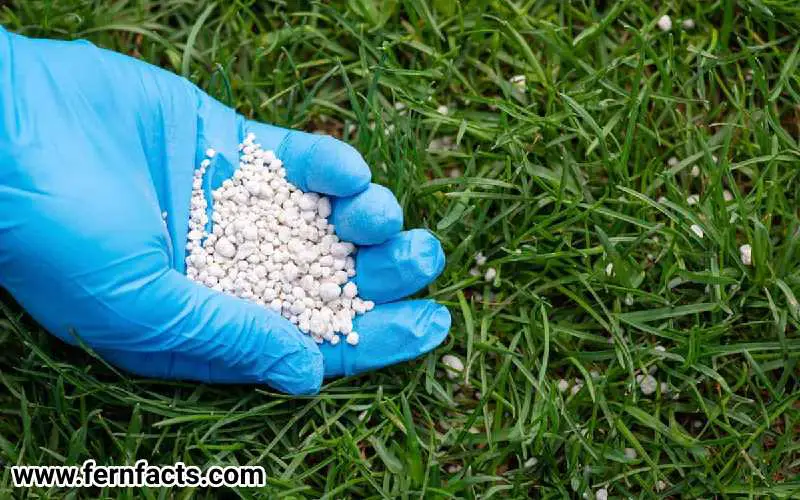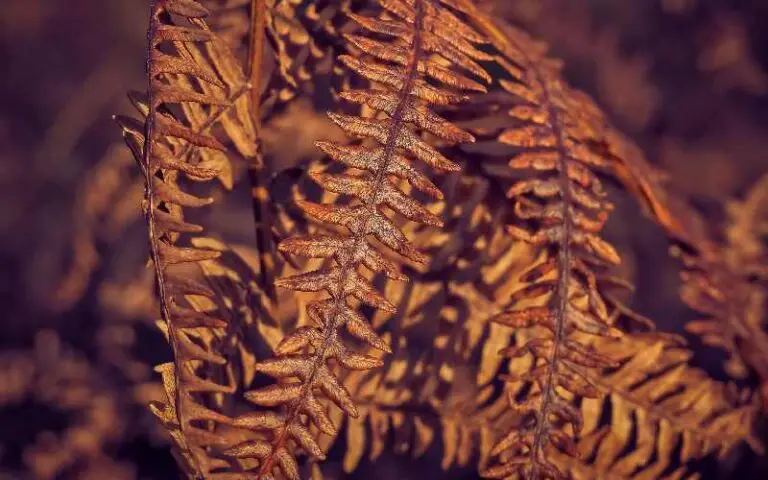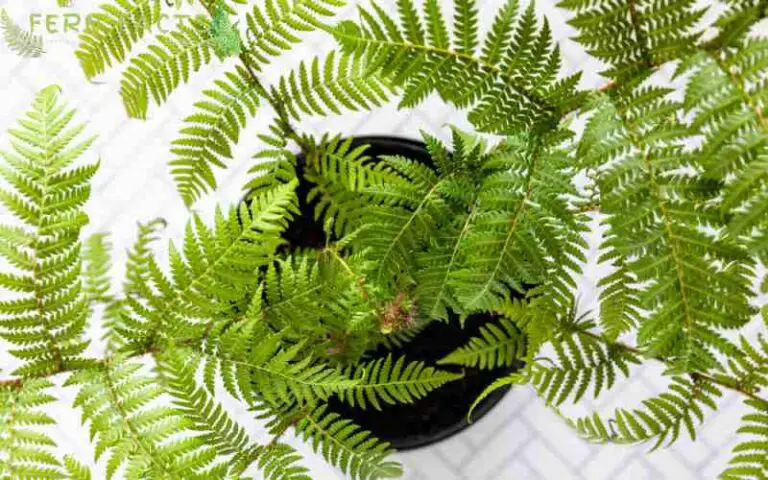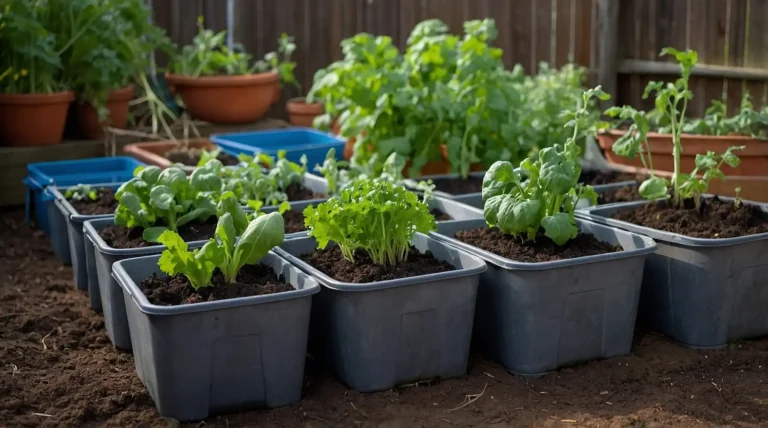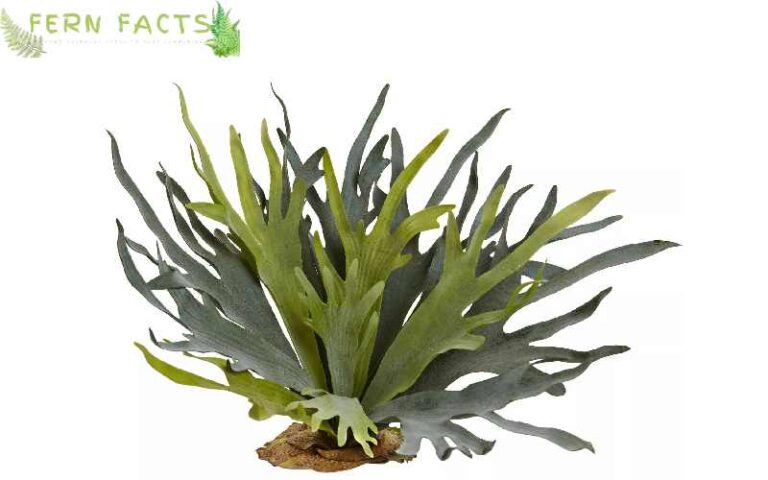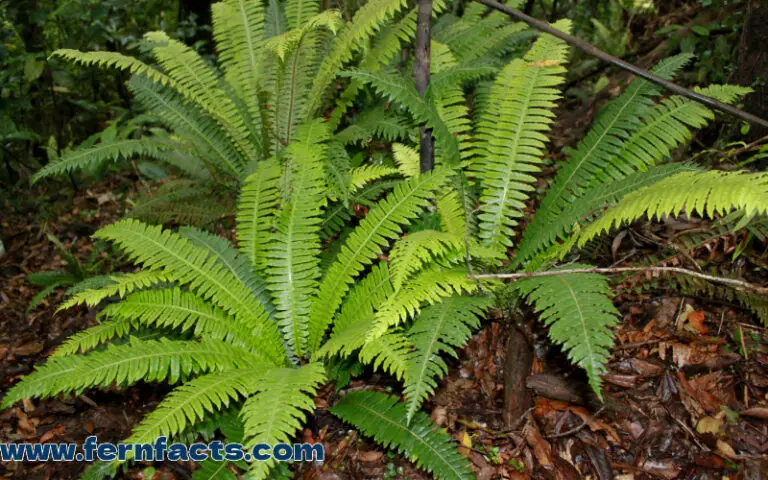Fertilizing Outdoor Ferns – Types of Garden Fern Fertilizer
Do your garden ferns become dull and pale? Do they look very unpleasant to you? Well, that probably happens due to a lack of fertilizing.
We often neglect our garden ferns and forget to take care equally as we do for our indoor potted ferns. As a result, your garden ferns get a dull appearance.
Therefore in this article, I’ll tell you how you can fertilize your garden ferns to get a thriving and bushy appearance. Additionally, I’ll tell you signs of overfeeding and tips on how to revive your over-fertilized ferns.
Further, I’ll conclude the article by giving you an overwintering care of your garden ferns so that you can grasp your fern’s characteristics and make them thrive throughout the years.
When Should You Fertilize Your Garden Ferns
In general, spring or late spring would be the ideal time for fertilizing your garden ferns. You can annually fertilize your garden ferns with a good fertilizer. It will make your garden ferns last for the whole year.
Types of Fertilizer for Your Garden Fern
These mentioned fertilizers you can use for your garden ferns.
Slow-release Fertilizer
Slow-release fertilizer can keep your garden-planted ferns fertilized for a longer period of time. Therefore you don’t need to worry about fertilizing your ferns more often.
These slow process fertilizers will release fertilizer from time to time on the plant’s roots where your ferns will get sufficient nutrients. Just buy a slow-release fertilizer for any market and follow the given instructions there.
All brands’ instructions might vary from each other. However, the average amount would be a 10:10:10 ratio NPK, or a 15:15:15 ratio of NPK would also work well.
Just apply fertilizer during their growing seasons mostly in spring or mid-summer seasons.
Organic Fertilizer
You can also apply organic fertilizer to your garden ferns. Organic fertilizer will also work miraculously in your fern’s body.
For making your own homemade organic fertilizer, you can mix peat moss, leaf mold, and worm casting all together. Coffee ground or vegetable waste also can be used as organic food for your ferns.
It will give nourishment to your ferns body makes them thrive.
Signs of Overfeeding or Over-fertilizing
Sometimes you tend to feed your plants more frequently so that they get overfed. Overfeeding can be dangerous for your ferns so you need to make sure that you don’t put excessive chemicals in your ferns.
Brown Tips
If you saw brown tips on your fern’s fronds that could be a sign of fertilizing your ferns. Gradually, the fronds will start to get curled and crispy because of excessive chemicals.
In such cases, Don’t put any more fertilizer into your fern’s soil. Let them heal for a couple of weeks. Just follow your regular routine without the fertilizing parts.
Saltburn
If you see a white layer on the soil surface then possibly it’s a layer of salt that chemical fertilizer contains. It must have layered because of excessive fertilizing.
Hence, you need to report your ferns unless it will give your ferns a salt burn. Remove the plant from the garden land and wash away the roots to get rid of the salt-burned soil.
Replant your ferns with a new soil mixture in your garden land. Don’t put fertilizer after replanting them; wait for a few weeks to make them established. Up until then follow the normal routine to get thriving ferns.
Overwinter Fertilizing Care for Your Garden Ferns
Potted ferns can be cared for in winter seasons, but your garden outdoor ferns often get neglected during winter times.
Although you put fertilizer, you need to take care of your ferns from winter times. Here is what you should do in winter.
Don’t Fertilize Your Fern in Winter
Always remember you don’t need to fertilize your ferns in winter times. Most of the ferns go dormant in that period, so their growth automatically gets slowed or stopped.
Hence, they don’t require unnecessary chemicals for their roots; they will rather harm your plants. So don’t over-fertilize your garden ferns in cold seasons.
Mulch for Hydration
In winter seasons along with fertilizing, ferns also need protection from cold freezing climates. Along with fertilizing, you can add a little bit of mulch to give extra protection to your ferns in winter seasons.
You can also add peat, and straw to the mulch which will give nourishment to your fern’s rootstock. Additionally, The mulch will provide extra hydration and prevent your garden outdoor ferns from freezing.
Conclusion
In short, garden ferns also need equal care and fertilization just like your potted indoor ferns. However, we often neglect our garden ferns and don’t fertilize them often which is why they become pale and dull and lose their charming green appearance.
That is why fertilization is also a prime substance to revive your garden Fern’s bushy appearance. During the growing period of your fern, you can apply Slow-release fertilizer or organic fertilizer to your fern plant.
These Slow-release fertilizers will release nutrients from time to time which will keep your ferns nourished. Don’t forget, that you should not overcare your ferns by overfeeding nature; it will harm your ferns by giving them salt burns and brown tips.
By understanding the fertilizing requirements you can have healthy flourishing ferns in your garden.

